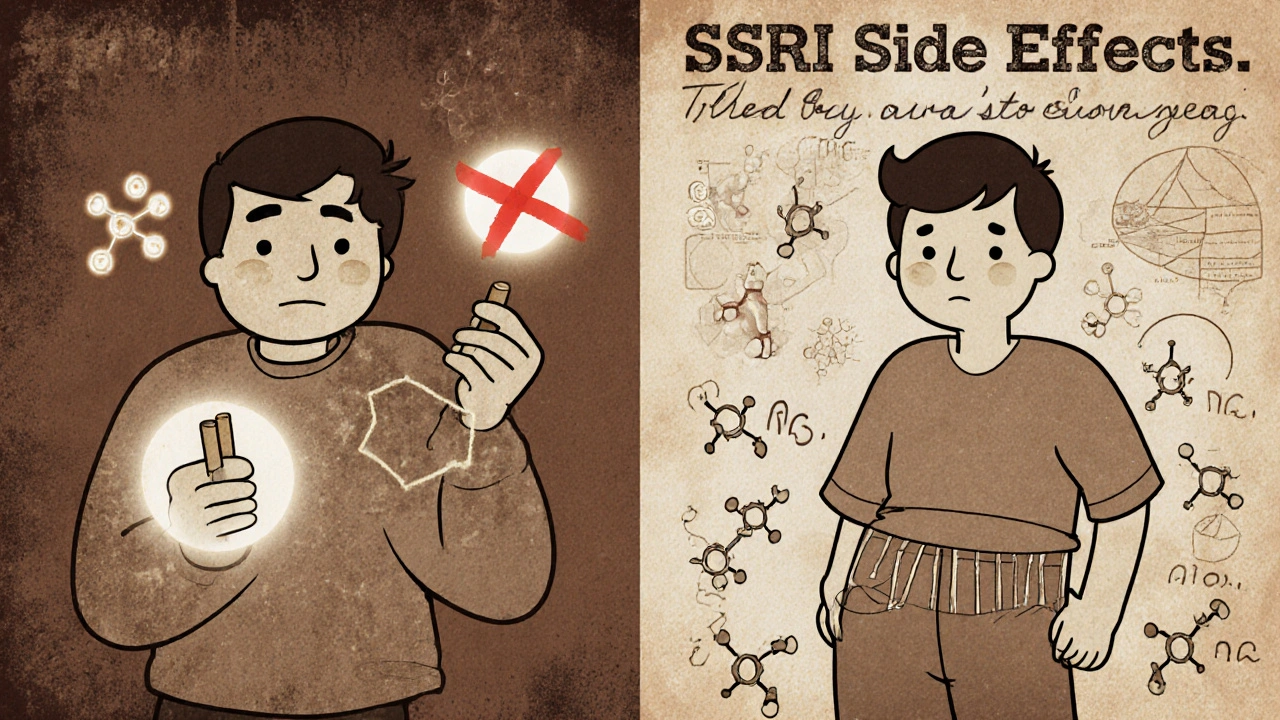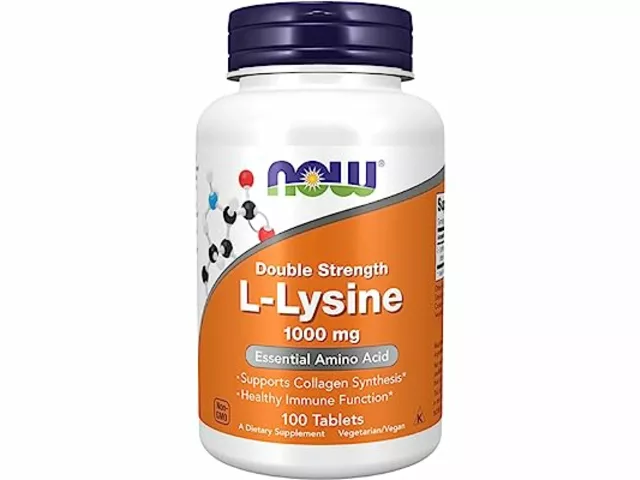SNRIs: What They Are, How They Work, and What Alternatives Exist
When you hear SNRIs, Serotonin-Norepinephrine Reuptake Inhibitors, a type of antidepressant that increases levels of two key brain chemicals. Also known as serotonin-norepinephrine reuptake inhibitors, they’re often prescribed when other antidepressants haven’t worked or when symptoms include physical pain along with low mood. Unlike SSRIs that only target serotonin, SNRIs hit two neurotransmitters at once—serotonin for mood and norepinephrine for energy and focus. That dual action makes them useful not just for depression, but also for chronic pain, anxiety, and even some nerve-related conditions.
Two of the most common duloxetine, the generic form of Cymbalta, used for depression, diabetic nerve pain, and fibromyalgia and venlafaxine, the active ingredient in Effexor, often prescribed for major depression and generalized anxiety show up again and again in real-world treatment. People switch to SNRIs when SSRIs leave them feeling sluggish or when their pain doesn’t improve. But they’re not magic pills—side effects like nausea, dizziness, or increased blood pressure can be tough. That’s why many look at alternatives: older tricyclics, newer atypical antidepressants, or even non-drug options like therapy and exercise.
The posts below cover real comparisons people actually make. You’ll find guides on buying generic Cymbalta safely, how gabapentin stacks up against SNRIs for nerve pain, and what natural remedies might help with side effects. There’s also advice on switching meds, managing symptoms at work, and understanding how these drugs interact with other treatments. No fluff. Just clear, practical info from people who’ve been there.

Compare Bupropion with Other Antidepressants and Smoking Cessation Options
Bupropion is an antidepressant and smoking cessation aid that works differently than SSRIs. Learn how it compares to other options like Wellbutrin, Chantix, and Zoloft in effectiveness, side effects, and real-world use.
Read More




